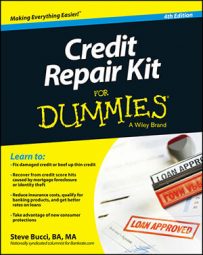Depending on your stage of life, your primary budget and credit needs vary. The basic tools of planning your spending remain the same, but the emphasis of your plan shifts as you move to each new stage:
In your first job: Chances are you have big ideas and little money. At this stage, just establishing good habits, such as developing a spending plan and beginning a small savings program, is most important. Be sure to keep current on student loan payments, or get deferrals if needed.
As a couple: Your focus may be paying off old debts, finding out how to communicate about money, agreeing on financial goals and a spending plan, establishing joint and separate credit and savings accounts, setting up a household account, and preparing for a family.
With a growing family: Adjusting to a stay-at-home spouse or childcare expenses, paying for your kids’ sports programs and braces, expanding living expenses, and saving for education and weddings are just some of the issues a family with children faces.
Going solo: Whether you never marry or you go through a split, you’re likely to confront situations such as adjusting to living and saving on one income, taking care of children solo, and perhaps paying off divorce expenses and dealing with alimony and child support.
In an empty nest: As the kids fly the coop, it’s time to confirm your vision for the future and recast your budget for a new lifestyle. This may include enjoying retirement, exploring estate planning, considering Social Security and Medicare issues, and having some fun with your savings.
Credit and financial challenges await you at different times and under differing circumstances. You’ll be so much better prepared to weather any turmoil the future may bring and to take advantage of opportunities if you have a plan that enables you to know where your money is going and how to maximize your savings.
As your priorities change, a dust-off of your goals, income, and expenses offers all you need to make successful adjustments. A good rule is to revisit your plan whenever one of life’s big events occurs.

